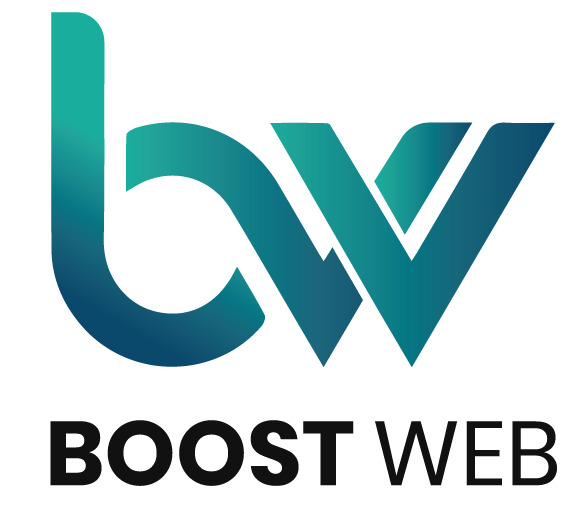Search Engine Optimization is known as SEO. It is a collection of methods and procedures used to increase a website’s exposure on search engines such as Yahoo, Google, and Bing. Increasing website traffic, both in terms of volume and quality, through organic search engine results is the aim of search engine optimization.

Important elements of SEO consist of:
Finding pertinent terms that prospective customers might use to search for content or related goods or services is known as keyword research.
On-page optimization is the process of improving a website’s HTML, content, and other components to make them more search engine friendly. This entails utilizing pertinent keywords all throughout the text as well as in headers, titles, and meta descriptions.
Off-Page Optimization: Increasing the authority and credibility of a website by constructing backlinks from other respectable websites. Social media signals and other internet mentions can also play a role in off-page optimization.
Technical SEO: Making sure a website is optimized for search engines in terms of its technical features, including mobile friendliness, site performance, and appropriate indexing.
User Experience: delivering a satisfying user experience through mobile-friendly design, high-quality content, and simple navigation. Websites with an excellent user experience are frequently given priority by search engines.
Website optimization for local searches, or local SEO, is crucial for companies that cater to customers in the area. Creating and improving Google My Business listings falls under this category.
Producing valuable, pertinent, and high-quality material that not only draws users in but also encourages other websites to link to it is known as content marketing.
For improved ranking, search engine optimization is crucial for a number of reasons:
Enhanced Visibility: Search engines will find your website or content more easily if you use SEO. Search engines are more likely to rank your content higher in search results when you optimize your pages for relevant keywords, increasing user visibility.
Traffic Quality: Search engine optimization (SEO) aims to improve the quality of the traffic as well as the quantity of it. Your chances of converting visitors who are particularly interested in your content or items are increased when you optimize for relevant keywords.
Credibility and Trust: Users tend to view websites higher up in search results as more reliable and reputable. Search engines are generally trusted by consumers, thus having a good search engine ranking for your website might help people trust your company more.
Competitive edge: It’s likely that a large number of your rivals are spending money on SEO. Neglecting SEO could cause you to drop in search engine ranks, which would make it more difficult for online prospects to find your company. You can gain a competitive advantage in the online market with a well-optimized website.
Long-Term Effects: SEO efforts can have a longer-lasting effect than sponsored advertising, which can offer benefits right away. Your pages can gradually draw in organic visitors after they are optimized and begin to rank highly, giving you a more reliable stream of leads and sales.
Adaptation to Algorithm Changes: To give users more precise and pertinent results, search engines alter their algorithms on a regular basis. In order to keep your content visible and competitive in the ever-changing search engine rankings, SEO helps your site adjust to these changes.

Frequently Asked Questions:
What is Search Engine Optimization?
Search Engine Optimization is known as SEO. It is the process of making a website more visible on search engines such as Yahoo, Google, and Bing. Increasing organic (unpaid) traffic to the website is the aim.
Why is search engine optimization crucial?
Because SEO makes it easier for search engines to comprehend the material on your website and to index and rank it effectively, it is essential. Higher visibility and traffic are a result of improved rankings, and these factors can result in greater sales and money.
What constitutes an SEO’s core components?
Both on-page (content, keywords, HTML tags, etc.) and off-page (backlinks, social signals, etc.) elements are included in SEO. Technical SEO focuses on improving the functionality and structure of websites.
How do keywords connect to SEO, and what are they
The words or phrases users enter into search engines are known as keywords. To increase the likelihood that your content will rank better in search results, SEO entails optimizing it using pertinent keywords.
On-page SEO: What is it?
The term “on-page SEO” describes the process of improving the content, HTML tags (title, meta description, and heading tags), images, and internal links on your website.
What is SEO off-page
Off-page SEO refers to actions taken off your website that have an effect on search engine results. These actions mostly consist of social media engagement and the development of high-quality backlinks from reliable sources.
Technical SEO: What is it?
The goal of technical SEO is to improve a website’s technical elements, such as crawlability, indexing, mobile friendliness, and speed. It guarantees that search engines can reach, index, and crawl your website with efficiency.
How long does SEO take to produce results?
Since SEO is a long-term approach, there is variation in the time it takes to see benefits. It relies on a number of variables, including how competitive your business is, how well your SEO campaign is performing, and how your website is currently performing.
How does SEO benefit from sitemaps, and what are they?
A file called a sitemap contains a list of every page on your website. It can enhance indexing and assist search engines in comprehending the architecture of your website. One of the finest practices for SEO is to submit a sitemap to search engines.
Why are backlinks crucial for SEO, and what do they actually mean?
You can get backlinks to your website from other websites. They are significant because they are viewed by search engines as an endorsement of your material. Gaining high-quality backlinks from reputable websites might raise your site’s rating considerably.
What distinguishes black hat SEO from white hat SEO?
White hat SEO is the term for moral and proper optimization techniques that follow search engine rules. Black hat SEO refers to strategies that attempt to game search engine algorithms; these strategies frequently result in fines and reputational harm over time for the website.
What impact does SEO have on mobile friendliness?
Since search engines give preference to mobile-friendly websites in their rankings, mobile friendliness is essential for SEO. It’s crucial to have a responsive design that works well on mobile devices.
Local SEO: What is it?
Optimizing a website to show up in local search results is the main goal of local SEO. It entails tasks like obtaining local citations, promoting online reviews, and enhancing Google My Business accounts.

